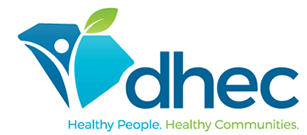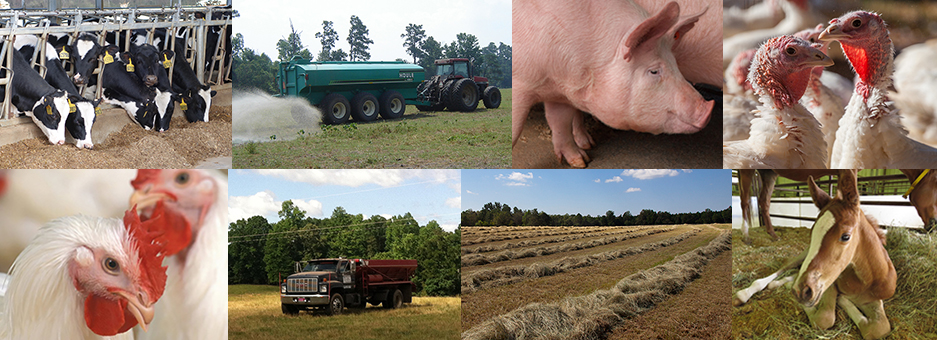Confined Animal Manure Managers Program
The Confined Animal Manure Managers (CAMM) program team consists of agents and specialists with Clemson University, the Clemson Extension Service, the SC Department of Health and Environmental Control, and the USDA Natural Resources Conservation Service. The team was assembled in 1998 to comply with State Regulation R.61-43, which states:
100.190.A An operator of a new or existing swine facility, lagoon, manure storage pond, or manure utilization area shall complete a training program on the operation of swine manure management created by Clemson University.
200.190.A An operator of an animal facility or manure utilization area shall attend a training program on the operation of animal manure management under the program created by Clemson University.
The team worked together to develop the Swine manure management program, which originally included a 230 page, 12 chapter manual and presentations for the information presented in the manual. This full-day training program was first tested with County Extension Agents and select growers in January 1999. Revisions were made based on feedback from the agents and growers, and the revised training program for growers was started in February 1999. The team also developed the Poultry (2001) and Dairy (2003) versions in a similar fashion. These manuals and presentations are updated as new information is made available (the latest addition was a chapter on Biosecurity).
From that time to December 2022 the team has held 81 trainings in 20 different locations around the State, certifying over 2,309 growers, agents, and agency and integrator personnel. Currently two full-day certification trainings are held each year (one Swine and Poultry, one Poultry), usually in February or March.
The program also requires 10 hours of recertification credit every 5 years. As of December 20, 2022 the team has conducted 631 recertification programs in 24 different locations. These programs are generally held in the winter and the spring of each year.



